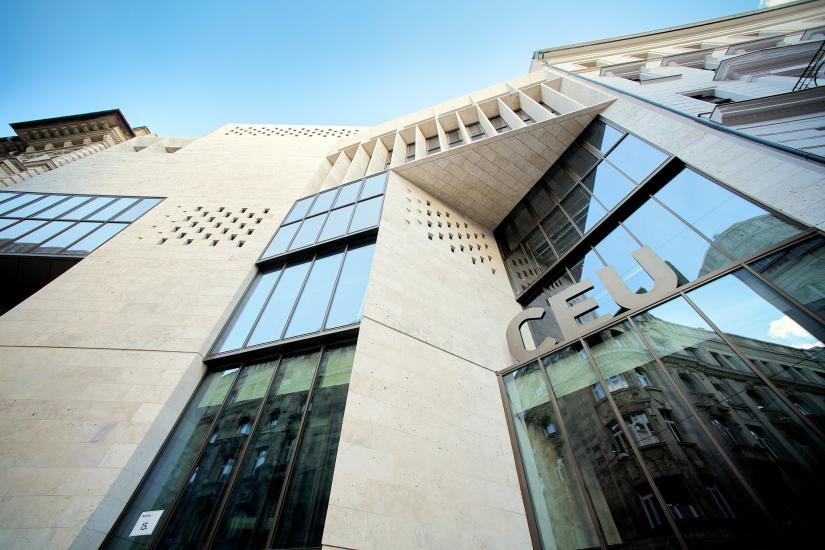
Rosa Luxemburg did not write many texts on the so-called 'woman question'. However, that does not mean that her work should be omitted from a feminist-revolutionary history. On the contrary, it would be highly inaccurate to claim that her works and, specifically, her critique of political economy lack numerous reference points for the development of progressive feminist policy and female emancipation, throughout history and today. With Luxemburg´s The Accumulation of Capital in mind and her strong emphasis on the vibrant dynamics between capitalist and non-capitalist space, let us try to take Luxemburg’s theory a step further. Is it possible to speak about ‘Luxemburgian feminism’? Is it possible to establish a connection between the Luxemburgian ‘dialectics of spatiality’ and social reproduction theory? Can the framework of the Luxemburgian critique of political economy be used for the feminist analysis of women’s reproductive work and its economic role in the reproduction of accumulation? In this lecture the above questions shall be analysed in more detail through a) a presentation of Luxemburg´s critique of bourgeois feminism and, subsequently, b) an established connection between crucial elements of Luxemburg’s The Accumulation of Capital and social reproduction theory. Besides this concrete topic we will try to broader suggested framework – through the Rosa Luxemburg example – in a direction of historical and contemporary link between Marxism and feminism.
***
Ankica Čakardić is an assistant professor and the chair of Social Philosophy and Philosophy of Gender at the Department of Philosophy at the Faculty for Humanities and Social Sciences, University of Zagreb. She also teaches Marxian socio-economic philosophy and contemporary philosophical terminology and coordinates educational programmes at the Centre for Women's Studies in Zagreb. Her research interest lies at the interface of political and social philosophy with an emphasis on the Marxist critique of social contract, social history, philosophy of gender, feminist critique of political economy and history of women’s struggles in Yugoslavia. She collaborates with many different scientific, cultural and social organisations, initiatives and projects. She is a feminist and socialist activist.